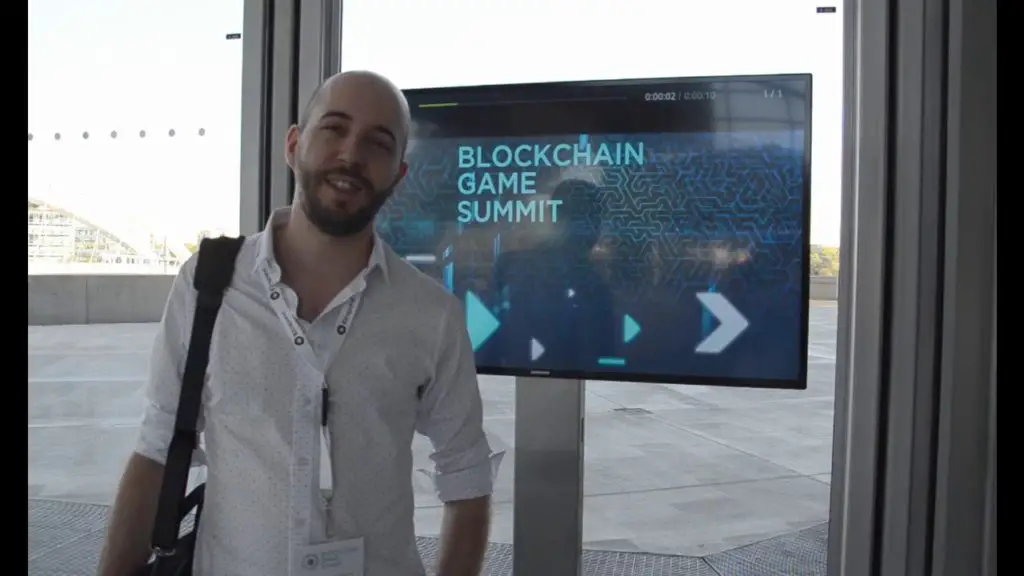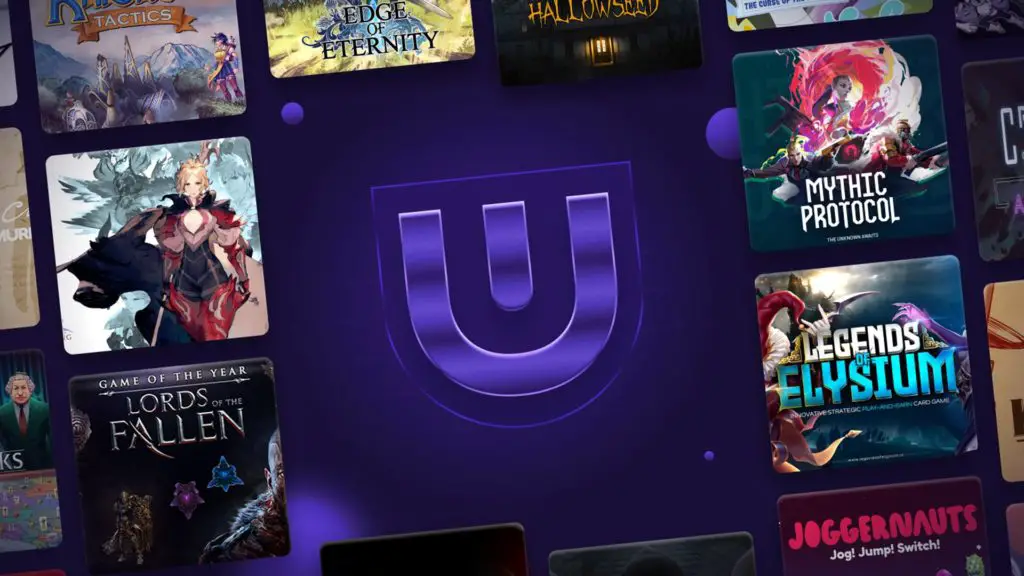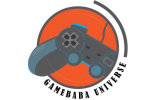Video game startup, Ultra, successfully launched a proprietary PC game marketplace not too long ago. Now they are taking it a step further with the launch of an esports tournament platform built on its blockchain network.

The esports tournament platform which is expected to go live on August 8 is called Ultra Arena. It will make it possible for organizations, brands, and individuals to create a league or tournaments that will offer players physical products, Ultra’s UOS tokens, or NFT as prizes.
The startup describes Ultra as “a gaming hub that enables players, developers, and brands to discover the true meaning of freedom”. Those interested in giving Ultra a try can get the app here.
Ultra has the ambitious goal of helping armature gamers rise to professionals. The esports tournament platform will allow gamers to compete in popular PC games like Playerunknown’s Battlegrounds, Counter-Strike: Global Offensive, League of Legends, and Overwatch 2.
ALSO READ: Why Mortal Kombat Legends: Cage Match Had 80s Timeline
Players will also have access to games on Ultra Games, the company’s proprietary PC gaming storefront. When players become victorious on Ultra Arena, their win—in the form of NFTs or tokens—is deposited into their connected wallet.
On Ultra, prizes can include tickets for physical items and passes to other tournaments. All the prices will be tokenized. The startup is working tirelessly to make it possible for gamers to trade their digital assets through their Uniq Marketplace.
“Discover a growing catalog of high-quality games that are truly yours to keep,” explained the startup on its website. “Receive exclusive perks such as special builds, art books, and concept art that are only available on Ultra Games. With the permission of the game developers, you’ll soon have the option to buy, sell, and trade them on the Uniq Marketplace.”
Achieving Ultra’s esports tournament platform vision

CLD Distribution, a Belgian video game distributor, is a co-founder of Ultra Arena. They plan to use their experience in the field to assist in shipping physical assets across the globe to prize winners on its esports tournament platform. CLD Distribution will also help to bring more titles to the esports tournament platform.
Players that compete on Ultra Arena will gradually build up a digital identity stored on the Ultra blockchain, an EOS blockchain-derived Layer-1 network. The more wins a player secures, the more respect they will earn.
Ultra Arena will also be a scouting pool for finding esports teams. Game publishers and developers will have the opportunity to identify skillful players and exploit their talent for testing purposes. Ultra’s esports tournament platform will try to bridge the skill gap between professional players and amateurs.
“If you participated in tournaments, we will know how well you perform,” said Nicolas Gilot, Ultra co-CEO, to Decrypt. “This can be used to say, ‘This guy is a really good FPS player. I’m going to give him early access to my FPS for him to try. I know he’ll give valuable feedback.’”
In addition to the established games, Ultra Arena will also have a pool of new games that will create a fair and fresh playing ground for all the participants of its esports tournament platform. It will also be a marketing opportunity for developers to organize tournaments and offer prizes for their games in a bit to expand the game’s visibility.
Ultra hopes that by implementing the use of crypto and tokens on its esports tournament platform, brands will buy into the idea of creating sponsored tournaments. The web3 gaming startup has secured partnerships with various brands for upcoming events.
Brands are also willing to key into the mutually beneficial model which allows them to recoup part of their investments through the secondary market.
“Whatever you put as the prize—which can be NFTs—can be branded,” Gilot told Decrypt. “If it’s traded on the secondary market, then they get a percentage back. Instead of just shedding money all the time, they get back some of that money and they can inject more into marketing, It’s a really cool loop for the marketing department.”
Is web3 the future of gaming assets?

For a long time, some gamers have questioned the current model where they spend real cash to purchase game assets that they don’t really own. That is why the idea of web3 gaming which allows players to sell their in-game assets for real cash has continued to gain popularity.
Although the prospect of selling in-game assets is exciting—especially for players that see hundreds of dollars leave their pockets every month—there are legal hiccups that may come in the way of that model.
ALSO READ: Ratchet & Clank: Rift Apart Comes To PC July 26 With Exciting Possibilities
Firstly, the current terms of use or license—if you have ever had time to read—of most games make it illegal for players to profit from the sale of in-game items. If there is proof to show that a player profited from such an exchange, the developers are likely entitled to compensation.
Also, for game assets like loot boxes where the outcome is based on chance, exchanging those assets for money would be considered gambling according to most state gambling laws in the United States. Since most gaming assets are distributed through loot boxes, there must be a new legal framework to support the sale of in-game assets. It is hard to tell how soon that will happen.
How long do you think it would take before players can sell in-game assets? Share your thoughts in the comment box below.
Remember to share and bookmark this website to stay up to date on all the hottest news in the gaming industry.



